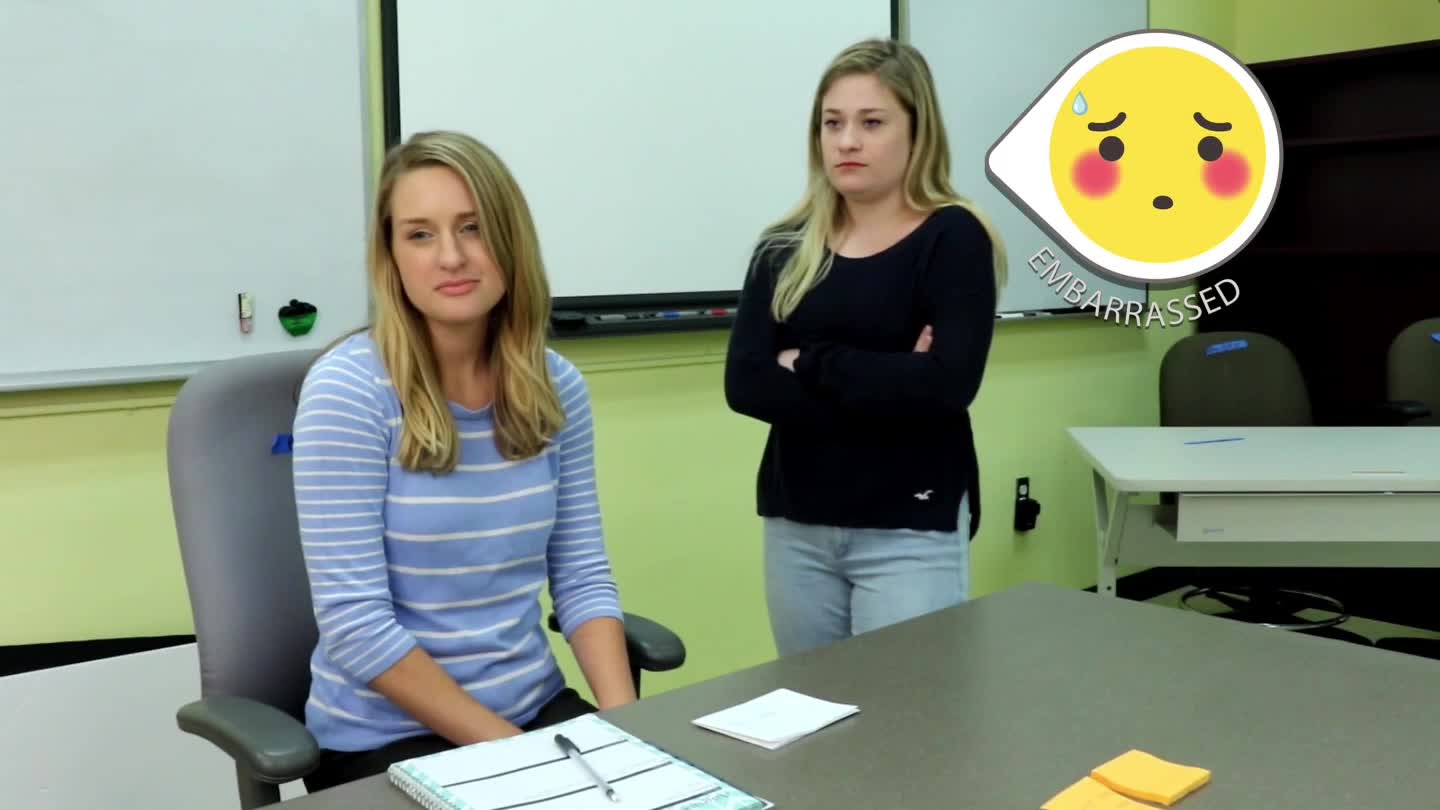
In special education, understanding and addressing the target skills of students is crucial for their overall development and well-being. In this blog post, we will explore the importance of appropriate social interactions among middle school students, how specialists can support their development, and propose specific IEP goals to improve these skills.
Understanding Appropriate Social Interactions
Appropriate social interactions refer to the ability to communicate and behave respectfully and considerately with others, particularly when expressing attraction or interest. This skill impacts students’ learning, social experiences, and emotional well-being. It is essential for cultivating positive relationships and preventing uncomfortable or embarrassing situations in school settings.
The Role of Specialists
Various specialists play a vital role in supporting the development of appropriate social interactions:
- Speech-Language Pathologists: They can help students improve their verbal and non-verbal communication skills, ensuring respectful and considerate interactions.
- Social Workers: They can work with students to develop social skills and coping strategies for navigating complex social situations.
- Psychologists: They can provide guidance on emotional regulation and understanding the feelings of others, promoting empathy and respectful behavior.
- School Counselors: They can offer support and resources for students to build healthy relationships and develop appropriate communication strategies.
IEP Goals for Appropriate Social Interactions
Here are some SMART IEP goals to improve appropriate social interactions in middle school students, along with strategies and activities for implementation:
Goal 1: Improve Impulse Control
By the end of the school year, the student will demonstrate improved impulse control by thinking before speaking in 8 out of 10 observed instances, as measured by teacher observations and self-reflection.
- Strategy: Teach students the “STOP” technique (Stop, Think, Options, Proceed) to help them pause and consider the consequences of their words or actions.
- Activity: Use role-playing scenarios to practice impulse control and appropriate responses in various social situations.
Goal 2: Enhance Empathy and Understanding
By the end of the school year, the student will demonstrate increased empathy and understanding of others’ feelings by accurately identifying emotions in social scenarios in 8 out of 10 opportunities, as measured by teacher observations and assessments.
- Strategy: Teach students about different emotions and their impact on others.
- Activity: Use social stories and videos to illustrate various emotions and discuss appropriate responses to them.
Implementing and Measuring Progress
Implement these IEP goals by collaborating with specialists, incorporating the strategies and activities into lesson plans, and providing consistent feedback and support to students. Measure progress through regular observations, assessments, and student self-reflections.
Conclusion
Developing appropriate social interactions is vital for middle school students’ overall development and well-being. By implementing these IEP goals and working with specialists, educators can foster respectful and considerate communication among students. We encourage you to apply these strategies and invite your feedback. For more resources, explore Everyday Speech Sample Materials.





